As Cuba opens its doors to the U.S., a Cuban-American considers her own shifting relationship with the island nation.
In December, I watched President Obama announce he was reestablishing diplomatic relations with Cuba, saying the same words I’ve heard so often: “No es facíl.” I shot off an email to my dad with the subject line “Holy shit.” (He responded almost immediately, joking that people in Miami were already making plans to open McDonalds’ in Cuba.) I wasn’t sure this would happen in our lifetimes.
I thought about my cousins in Sagua la Grande, a small town about 170 miles east of La Habana. I finally responded to their emails, which had been piling up in my inbox for the last month. I didn’t ask about the change specifically; I figured they would volunteer their thoughts. I expected quick replies full of jubilance, reports from the frontlines of hope. I wanted, and still want, to believe that this will be different from the more symbolic freedoms Raúl Castro has granted over the last five years, which dangled economic mobility dangerously close to the hands of Cubans who were emboldened by the newfound right to open businesses, then quickly deflated by the lack of funds and proprietary control to do so. I want my America-obsessed cousins to finally reap the economic benefits of their devotion.
My cousins replied with their usual punctuation-less string of niceties. Cousin how are you I hope you are well and work is going well the family is good say hello to your dad and aunt I hope you can come we miss you I am living with my sister in Santa Clara take care kisses here is a photo. None of them mentioned the news. I couldn’t tell if this was because they feared the state was monitoring their emails, as they’ve expressed in the past, or if they just didn’t think renewed diplomacy had anything to do with them. Since I’d met my cousins for the first time four years ago they’d sent me regular updates on their lives, sometimes with requests to fill out paperwork for a visa lottery or to create a profile for them on “feilbul” (Facebook) so they could find Americans to marry. At first, their emails arrived from the accounts of paid third parties with addresses I didn’t recognize, the subject lines filled with my cousins’ names in all caps. Over the last few months, they’ve established their own email accounts and are using the smartphones my family sent over from Miami.
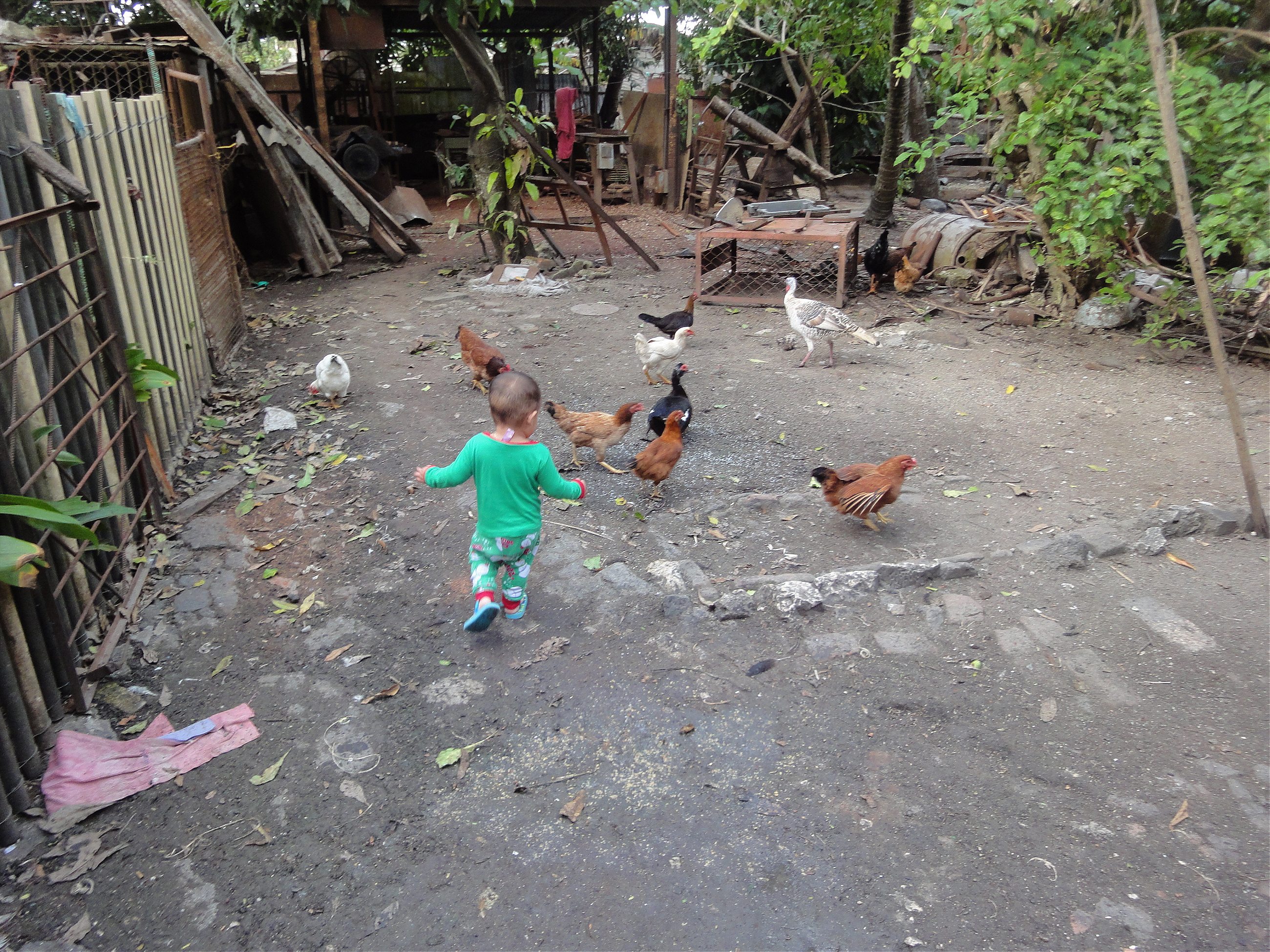
My first trip to Cuba was in 2010, after Obama eased Cuban travel restrictions back to their pre-Bush era status. Having grown up in a Cuban community in Miami, I was determined to finally see the forbidden place just 110 miles away that I’d heard so much about. My dad, however, was less than enthusiastic. “You don’t understand. It’s dangerous,” he told me. “If tomorrow Castro decides that pink shirts are illegal, and you’re caught in a pink shirt, that’s it, you’re in jail. And there is no getting you out of there.” As is the case for many Cuban-Americans, his home country had become veiled in threat and nostalgia.
It took months of convincing and finally an ultimatum that I would go without him, alone, to get my dad to travel back to Cuba for the first time in 42 years. His cousin Tito—the only one who never left—greets us at the airport. A great-grandfather with a full head of hair, Tito spends his days riding his bike around Sagua, bartering things like avocados and coffee. Before this visit, my only memory of Tito had been watching him suck down packet after packet of American ketchup in my aunt’s kitchen during a visit to Miami many years before. Now, he claps my dad on the back. “You finally came,” he says.
My dad was born four years before the revolution to a middle-class family in Sagua la Grande. His father was a traveling cream cheese and butter salesman who also served as the town treasurer. All my life I’d heard the story of how on December 31, 1958—the night before Fidel Castro and his allies overthrew Fulgencio Batista’s dictatorship—my grandfather arrived home breathless, carrying a bag of money taken from the town hall, saying they should head out on a boat before Castro took over. He was dissuaded, so the story goes, by the women in the family. The next day he left again and returned home late, his clothes torn and charred. He’d tried to leave with a group of others on said boat (he planned to send for my grandmother and dad once he reached Miami) but they were discovered before they could take off. My grandfather hid overnight in some sugar cane fields nearby until the police set fire to the fields to smoke them out. He managed to escape, and he never attempted to leave illegally again.
Heads turn when we drive through town in the little, white ’87 Peugeot
By 1968, my grandparents were feeling the pressure of consumer shortages and an increasingly totalitarian regime. They feared for my dad’s future. He was about to turn fourteen and would be forced to serve in the military until he was 28. His parents petitioned the Archdiocese in Madrid, which ran an asylum program similar to Operation Pedro Pan, the famous exodus that, between 1960 and 1962, airlifted 14,000 Cuban children under the age of 16 (including some of my dad’s cousins) to the U.S. under an agreement between the Miami diocese and the U.S. State Department. My grandparents saved up to buy my dad’s flight, and once his visa was approved, sent him to live with cousins who’d already fled to Madrid; he eventually moved to New Jersey and, later, Miami. It would be a decade before he saw his parents again, and almost half a century before he returned to his birthplace.
Cars are hard to come by in Sagua; heads turn when we drive through town in the little, white ’87 Peugeot that my cousin’s husband rented for our trip. When we get to the house, an anonymous neighbor calls to ask if los americanos have arrived, claiming to be our cousin. Tito’s granddaughter slams down the receiver with a skeptical shift of her hips. “Envy’s a bitch,” she says.
Guards stop us to check our trunk for smuggled crustaceans
We eat black-market lobster for dinner. It is delicious, expensive, and—Tito reminds us twice—illegal, a delicacy reserved for tourists at the all-inclusive resorts and Havana hotels. (On the way back from the beach a few days later, guards stop us to check our trunk for smuggled crustaceans.) After dinner, Tito wraps the shells in the bag the lobster came in and hides it in the garbage with the rest of the food waste that gets thrown into the backyard for the animals. Organized trash removal is infrequent here. Everything is recycled: the disposable diapers we brought for my cousin’s baby are washed and reused, safety-pinned back onto him until they sag down his waddling bottom. The blue shrink-wrap on our luggage is carefully removed and wound around homemade toffee or a birthday gift. I watch the women do this and recall my grandmother, newly arrived from Cuba, hanging used paper towels to dry in her kitchen.
We wander the streets of Sagua. My grandfather’s office in the old town hall is a crumbled pile of rocks and pillars. The wooden houses tilt to one side, held upright by long, leaning sticks dug into the dirt road. Many sit empty, abandoned. People say there’s a wave of migration from places like Sagua to La Habana, with the hope of finally landing in Miami.
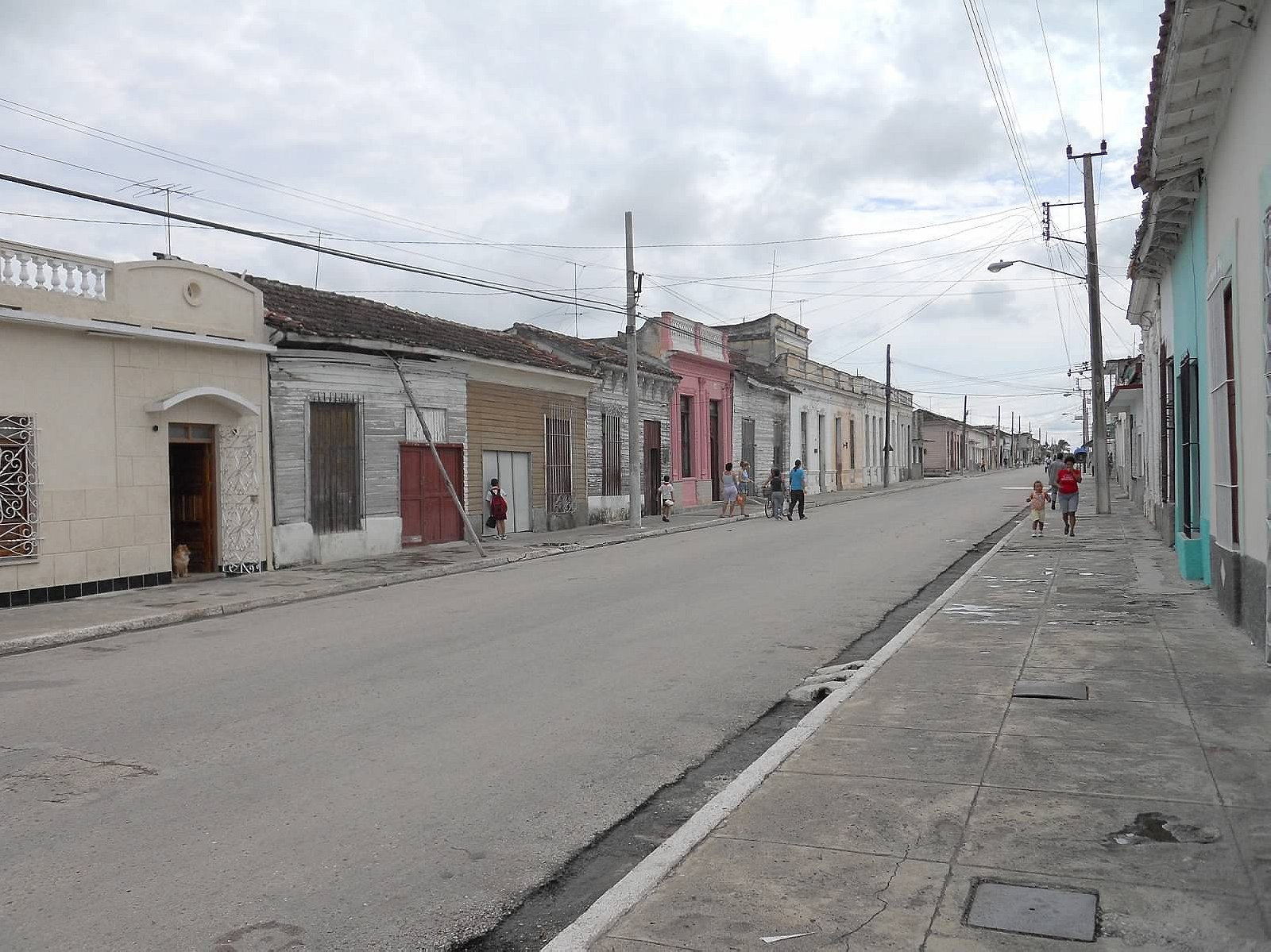
Down the street I hear someone call my dad’s nickname: “¡Tuti! ¡Tuti!”. A dark-skinned woman rushes over. Her graying, cotton-candy hair sticks straight up, waving on her head as she comes toward us. She embraces my dad. When they pull away her eyes are wet. She is the nanny who took care of him when he was a baby. After all these years she can still spot him from yards away. She stands back to get a better look. “Why’d you get so fat?” she asks.
It’s everyone’s first question for my dad. Even the drunks lining up to buy coffee at Tito’s window in the morning joke about him looking like a pig they should fry up for a nice lechón. Unlike the Cubans in Miami, who gorge themselves on pastelitos and chicharrones, no one in Cuba is obese. My dad laughs in his good-natured way. When he was growing up, being fat in Cuba was a privilege, a sign of prosperity. Now his weight is just excessive.
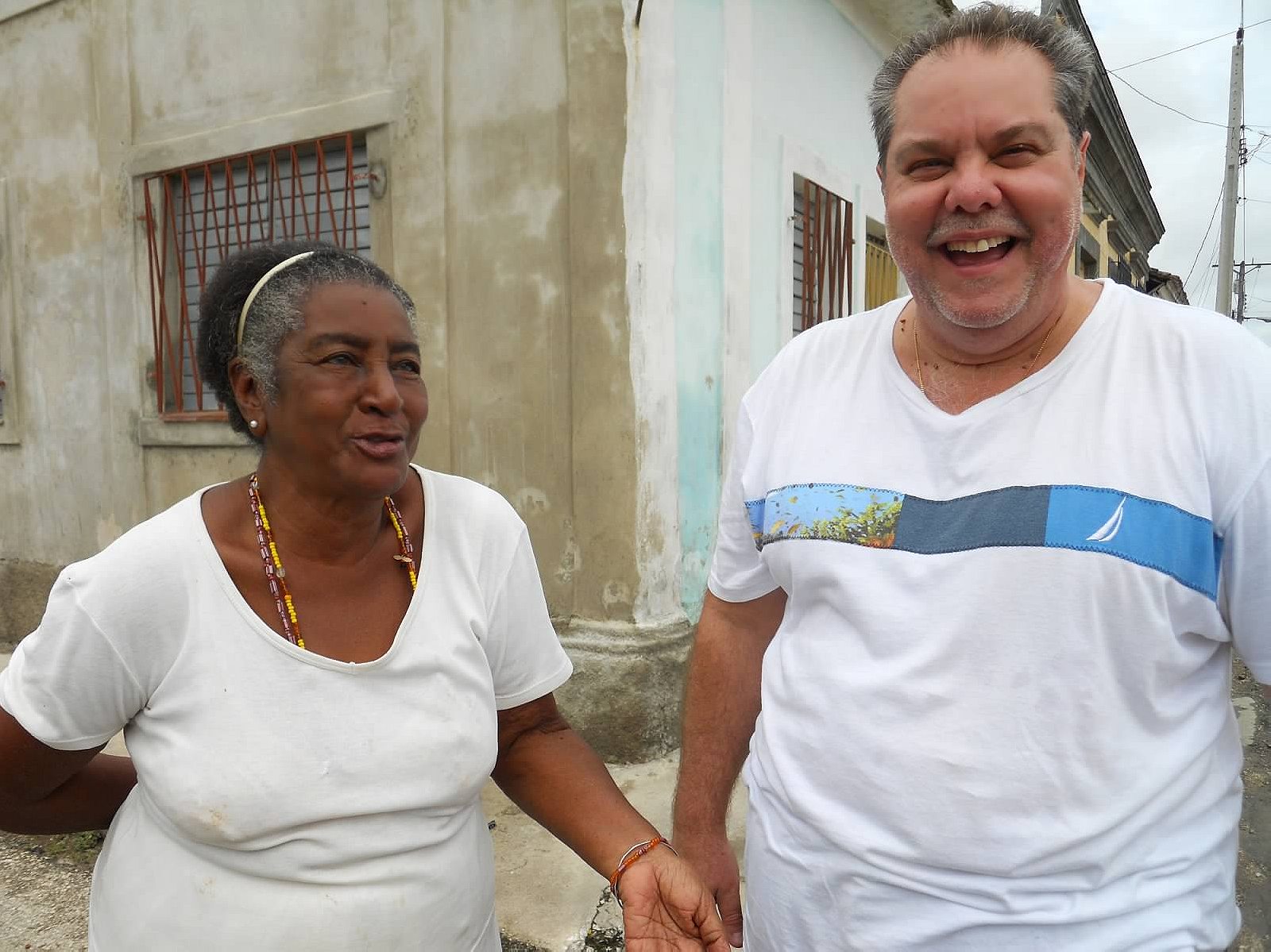
We run into my dad’s childhood best friend, tinkering with the gears on a bike in front of his house. He is slight with a horse face, his skin puckered like an overripe orange. It’s hard to believe he and my dad are the same age. He still lives in the same house on the street where they grew up. Within minutes, a small group of middle-aged men, my dad’s former classmates and neighbors, are shouting and hugging him.
The owner of my dad’s old house comes to the door in shorts and flip-flops, his round belly hanging over his belt. My dad introduces himself and asks if we can come in to look around. The man answers, “Of course, this is your house—the deed is in your name.” In reality, the house belongs to the state like all the others on the island, but my grandfather, who shared a name with my dad, was the last to own it before the revolution. The man explains that he lives here alone and that if the visa he’s been waiting on for a few years comes through, the house will be unoccupied. He pulls me aside to show me the portraits of his grandchildren lining the walls. I ask where they live and he tells me Kendall, assuming I’ll know the predominantly Cuban neighborhood in Southwest Miami. He’s hoping to be reunited with the rest of his family there.
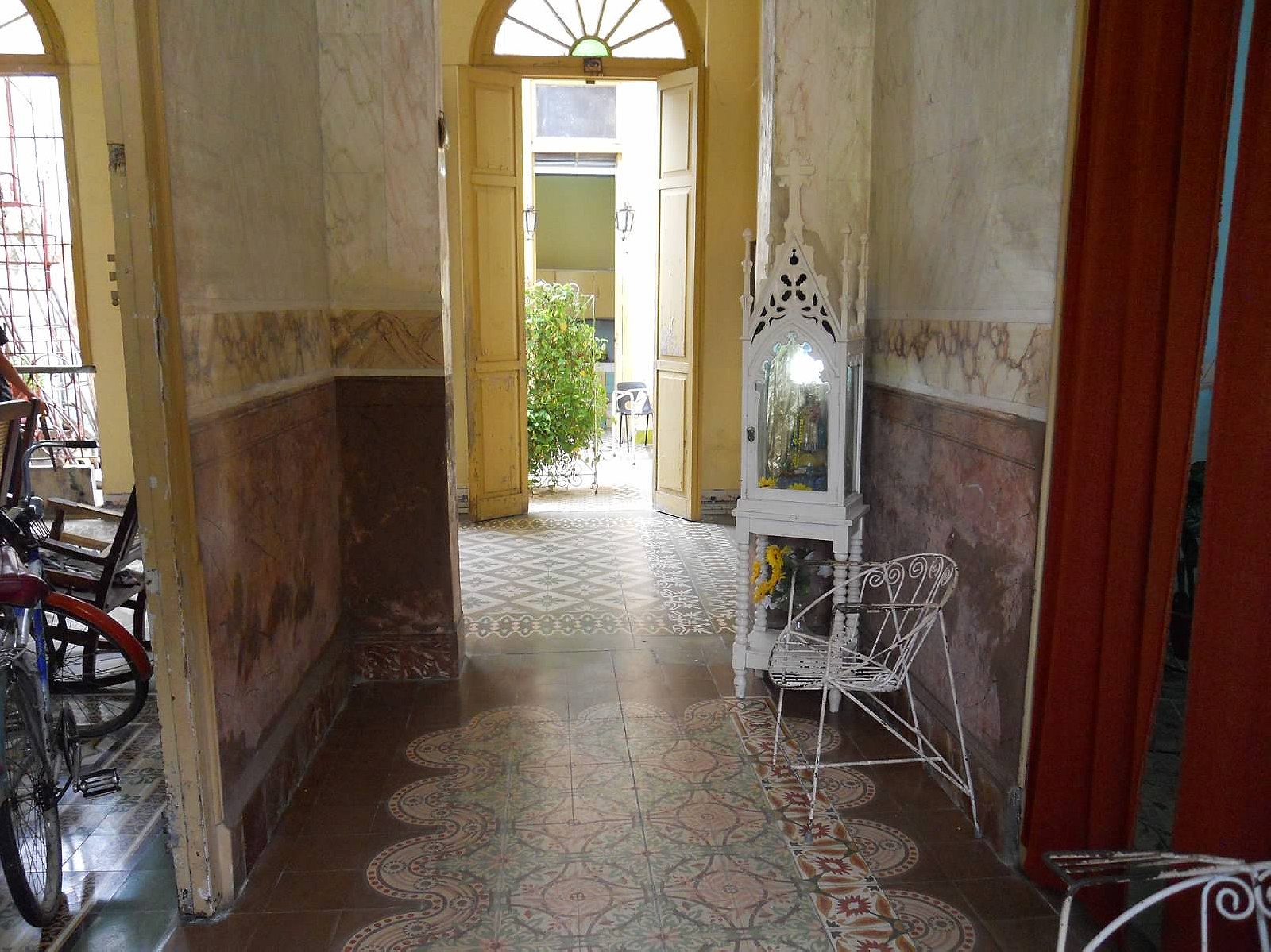
The house is in disrepair. There are puzzle piece-shaped holes in the cement ceiling and cracks in the beautifully patterned tiles on the floor. My dad wanders the rooms, remembering how the furniture was arranged, where he used to play marbles in the living room, where the well was at the center of their patio and where his mother cooked from an old coal-burning oven. I’ve never heard my dad talk about his childhood much; now it seems to pour out of him. I wonder if he repressed these memories to accommodate his new Americanized existence or if he just didn’t think I’d be interested.
Later that afternoon we watch the milkman arrive in his rubber boots, stomping into the kitchen to pour milk into Tito’s jars. I turn to my dad. “You never told me you were a guajiro,” I say. It’s what we call someone from the campo. A country bumpkin. It’s a slight dig, something my mother would call us kids when we walked around barefoot.
My dad blinks, as if just realizing it himself. “I never knew I was,” he says.
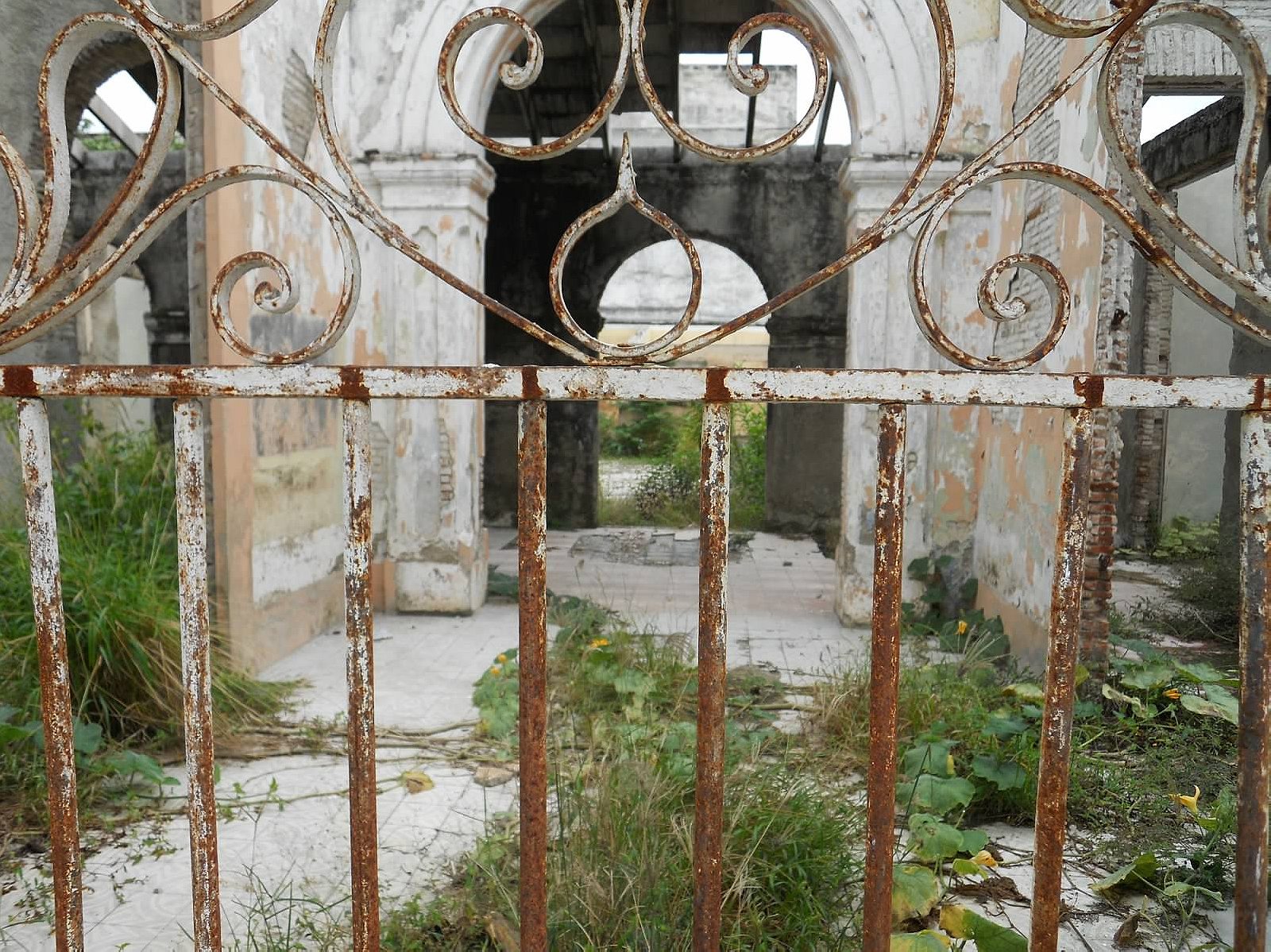
Every evening my second cousins pile around me on the bed and play 20 Questions. They are part of Cuba’s “Y” generation. Unlike America’s entitled Generation Y, the Cuban Generación Y was born to parents who, restricted by the state’s ever-tightening regulations, indulged in the small liberty of giving their children exotic names like Yandro and Yaumara. They came of age during the “Special Period in the Time of Peace” following the collapse of the Soviet Union, when resources were so scarce that rags were seasoned and cooked as if they were meat. Now, members of this generation adorn themselves with piercings and bad tattoos and wear imitation Ed Hardy t-shirts with typos: ONLY THE STRONG SURBIBE. They’re surprised by my lack of jewelry, which my dad made me ditch in Miami for fear I’d get mugged. Here, a gold chain can be easily traded for food or a new outfit.
They’re affectionate, teasing. They call me yuma, Cuban slang for American. They want to know about all the places I’ve traveled. Are the buildings in New York really that tall? What’s flying like? What do strawberries taste like? My life has never seemed so interesting. Most of them have yet to leave the province; one of the girls was confused by a stoplight during a day trip to Trinidad. They are 10 years younger than me and already parents and divorcées.

My cousin Yuri says there should be a hard-knock tour of Cuba. The minute you arrive, your dollars would be exchanged for 230 pesos—a Cuban’s monthly salary, about $20—along with your rations of hard bread and coffee beans mixed with raw peas. You’ll stay in a place with electricity that’s more often out than on, and if you want to go to the beach you’ll have to travel like real Cubans, piled in the back of a pick-up truck, your skin gathering dust and tar from the roads along the way. “I’d like to see these yumas survive,” Yuri says with a laugh.
One night I let them dress me like a Cuban girl, in short shorts and high heels. We pile on bikes and head toward the center of Sagua, stopping and laughing when our stilettos get caught in the pedals. The one discoteca in town is a crumbling reception hall with cheap brown paint on the walls and a few tables surrounding the dance floor. It’s a small scene but the DJ acts like he’s playing for thousands in Ibiza. He shouts for the crowd to raise their cell phones in the air. My cousin takes out the cheap flip phone we brought him and proudly pumps it above his head to the beat. “Let’s show everyone in Miami how Cubans love to dance!” the DJ bellows into the mic. I look for cameras broadcasting live to Miami, or other American tourists. I see neither.
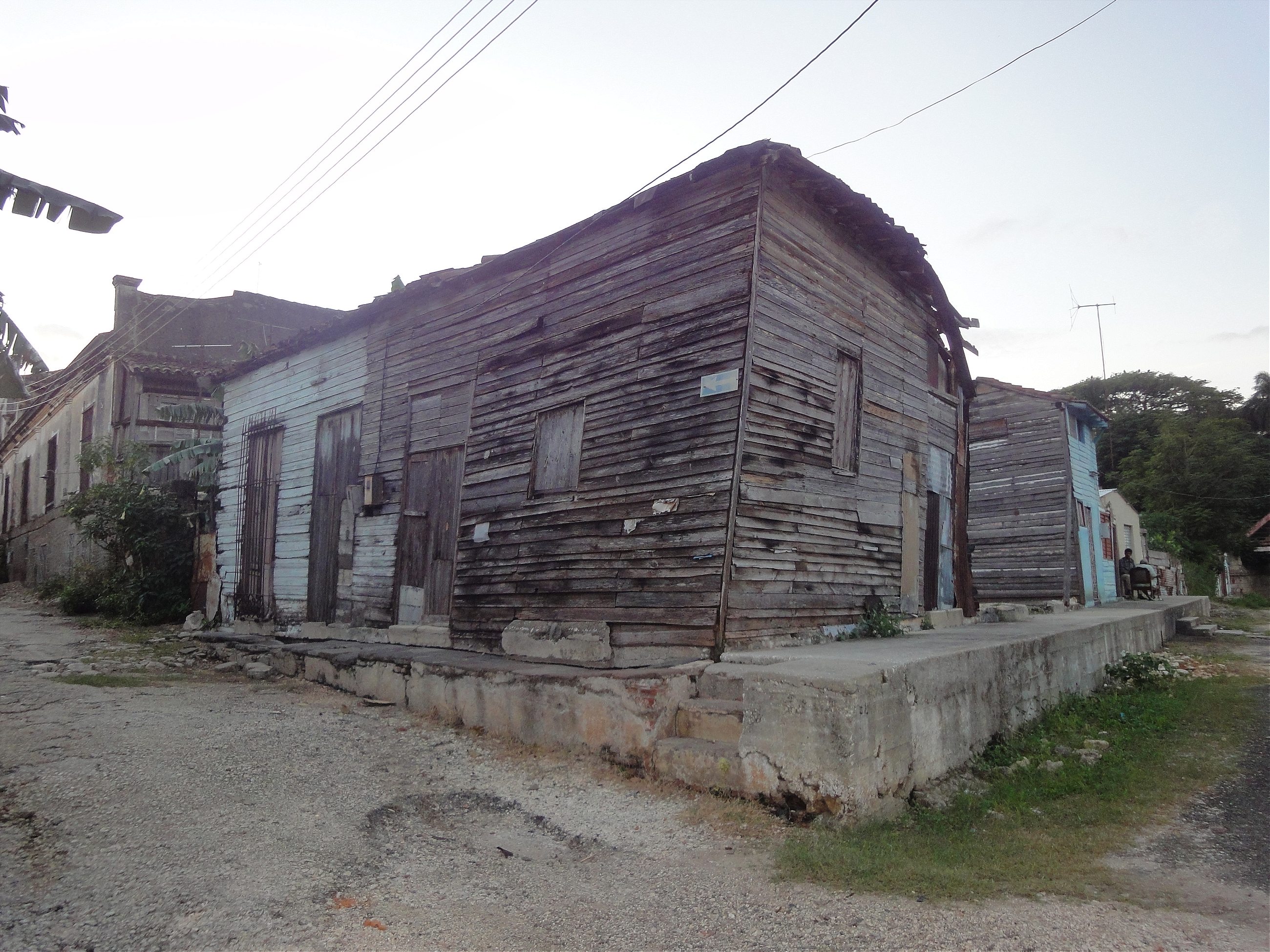
On the way home, my cousin Merlin takes off her heels and walks barefoot in the dirt. She is the quietest of the cousins, slender with café con leche skin. She steps delicately, making faces at the puddles of mud and rocks. “You like this place?” she asks.
“I do,” I say. “I think it’s pretty.” It’s the wrong word; I know it the minute it comes out of my mouth.
She laughs wide and shrill, holding her stomach. “Hey you guys!” she calls out to the rest of the group, “She says this place is pretty!”
I laugh with them. It’s true, Sagua is not pretty. It’s not charming. It is a crumbling, hollow town, stifling in its simplicity. And yet somehow, even with its collapsing structures and regular black outs, to me Sagua feels like a reoccurring dream. I felt a deep sadness at leaving it behind, along with all the things I’d never know about this place.
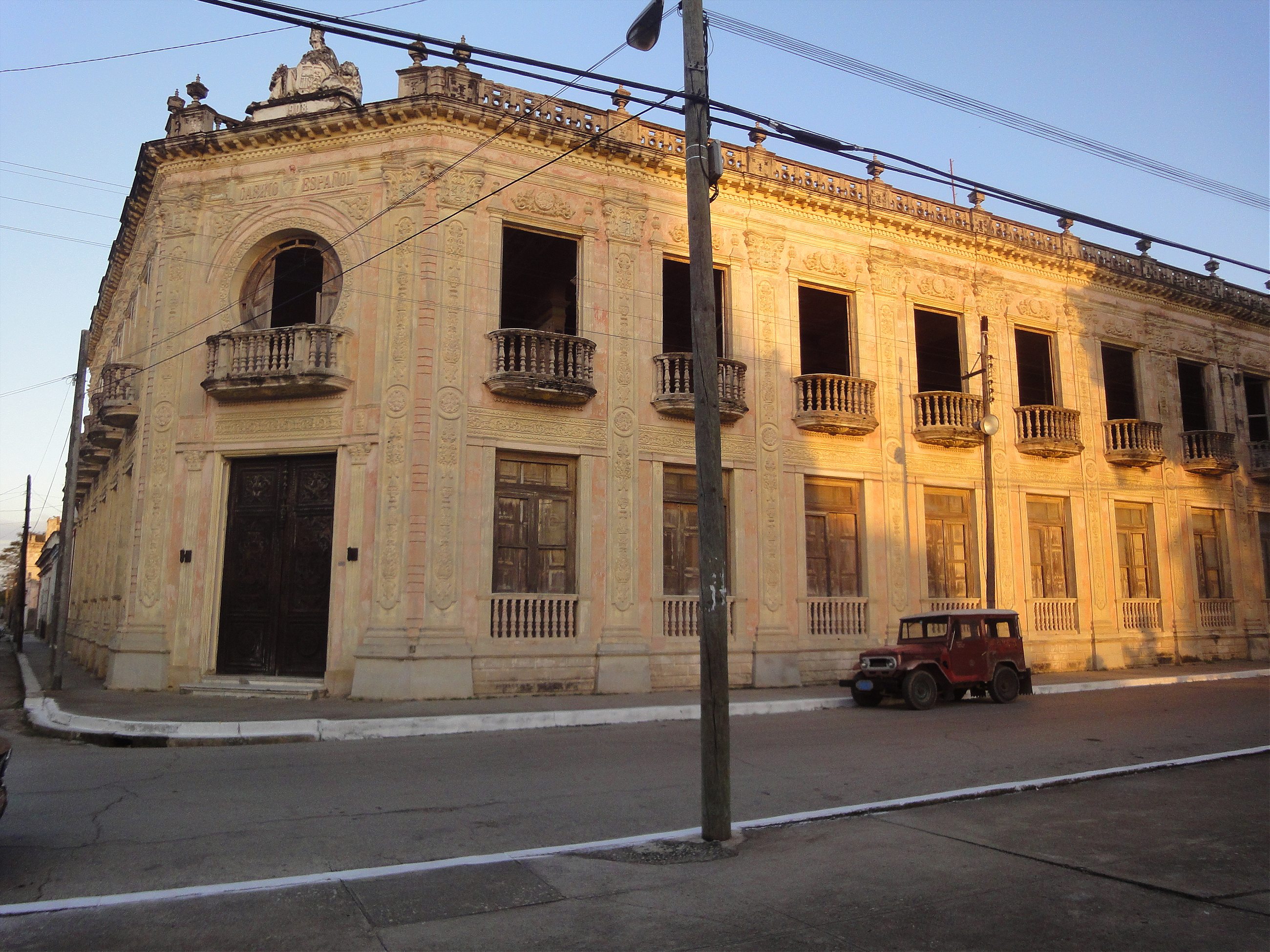
I can’t foresee how the U.S.’s renewed diplomacy will reshape Cuba. Everyday there’s news of progress and more foreign investment, and yet I can’t quite make out a future from any of it. I’m not naïve enough to think that this will solve the problems of a country as tightly governed as Cuba. But I believe an influx of tourism could at least mean more money in the pockets of Cubans. I want my cousins to be able to taste strawberries and travel without having to leave behind their homes and families for good. I’d like to think Cuba might unclench its fist and grow into the sort of place that could satisfy them.
At the airport, we watch women file into the lobby with red eyes and mascara running down their faces. Two men drink beers at the lobby’s only café. One appears to be in his 60s, with big crooked teeth and light eyes. He looks nervous. His younger friend tells the woman behind the counter to keep the beers coming—he wants to get his buddy drunk. He puts an arm around the older man. “No es facil,” he says. Then he leans in and smiles. “In Miami you won’t be drinking Cristal anymore. You’ll drink Heineken.”
We walk out on the tarmac and watch four men lift older passengers in wheelchairs up the stairs and onto the plane. The landscape is green and lush, all palmas and campo below us as we take off. Forty-five minutes later, above Miami, the colors morph into gray highways and terracotta rooftops. The whole flight bursts into applause the minute we hit the ground.